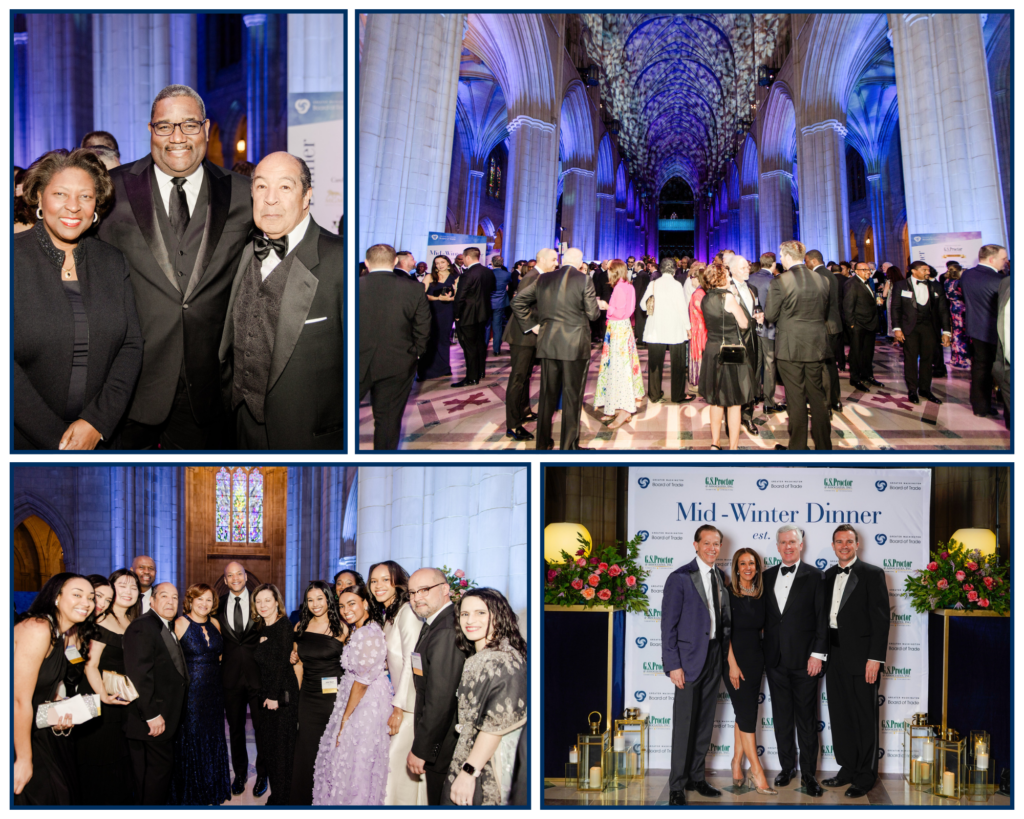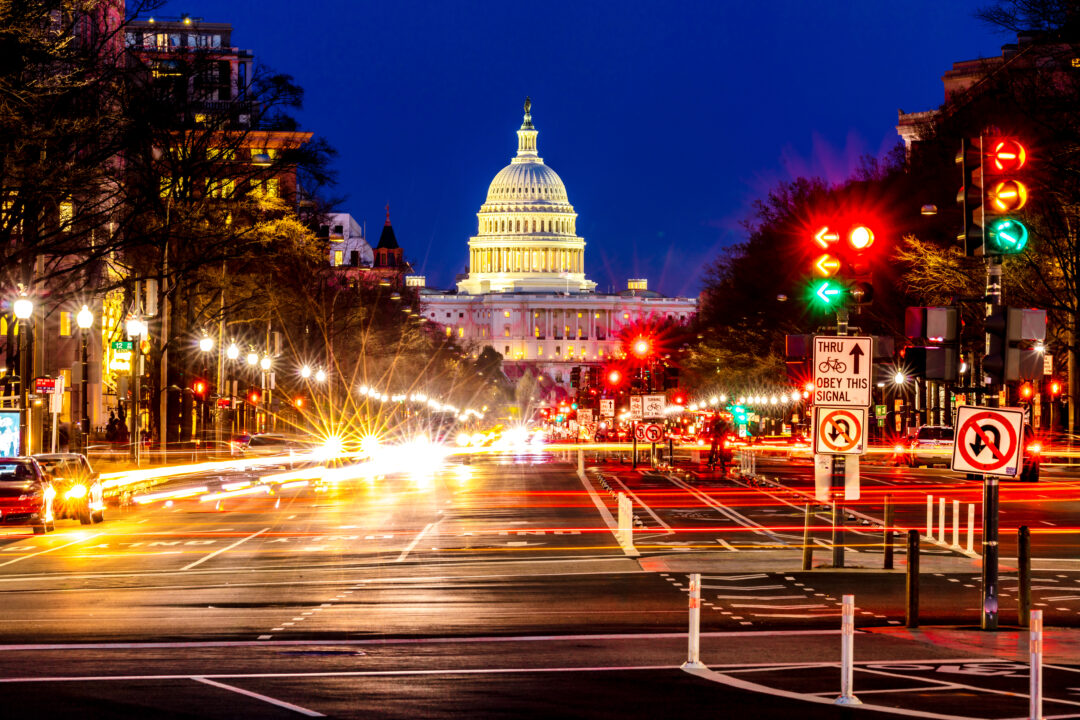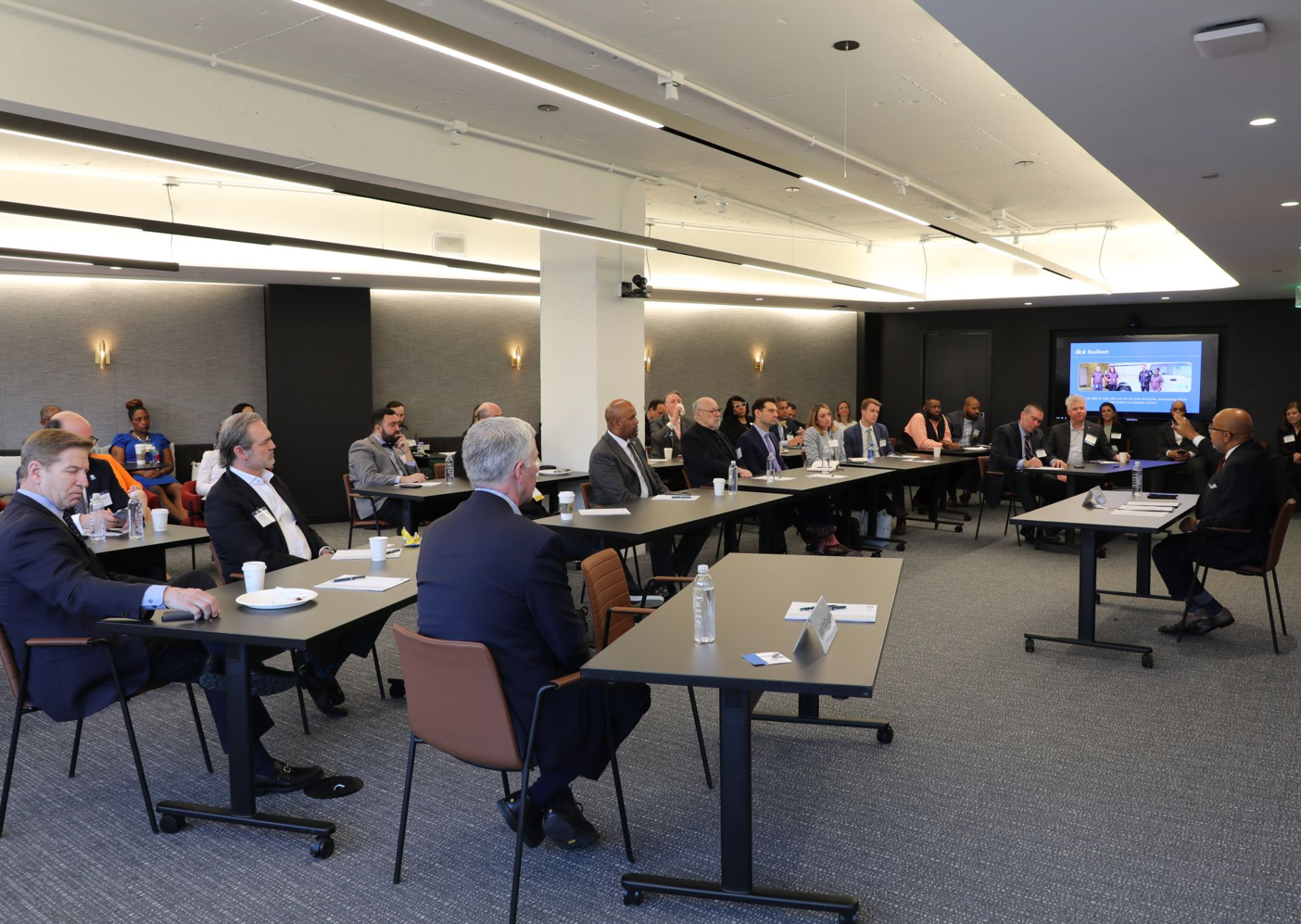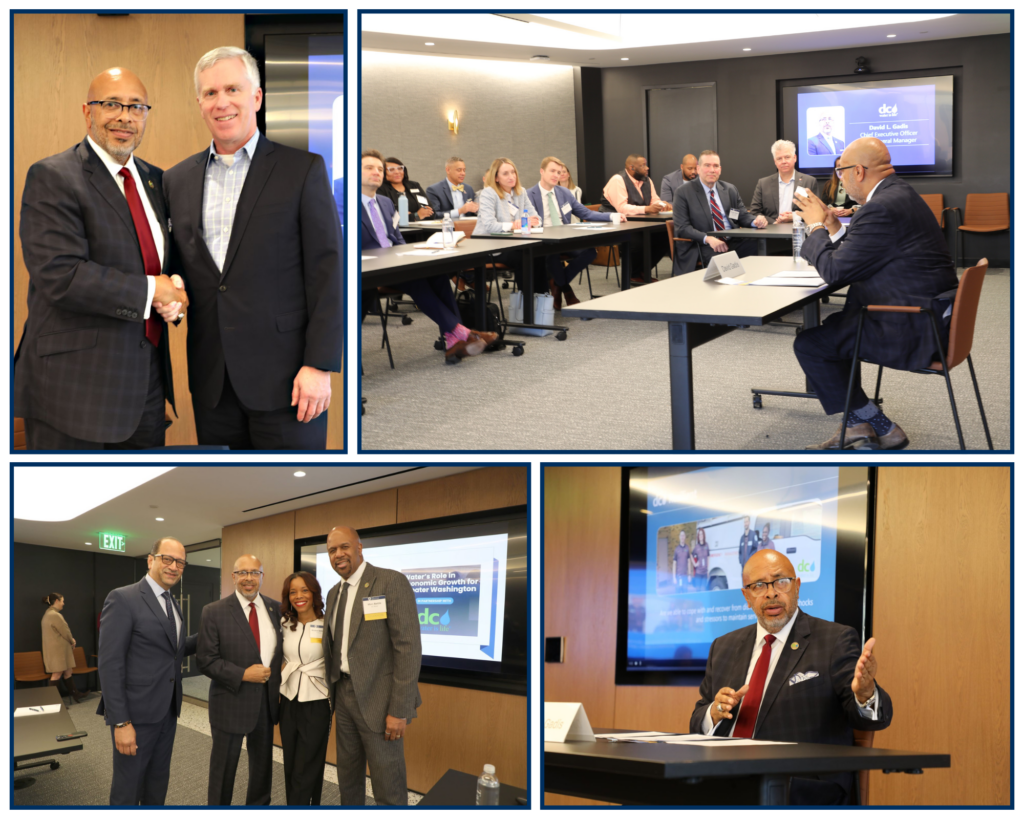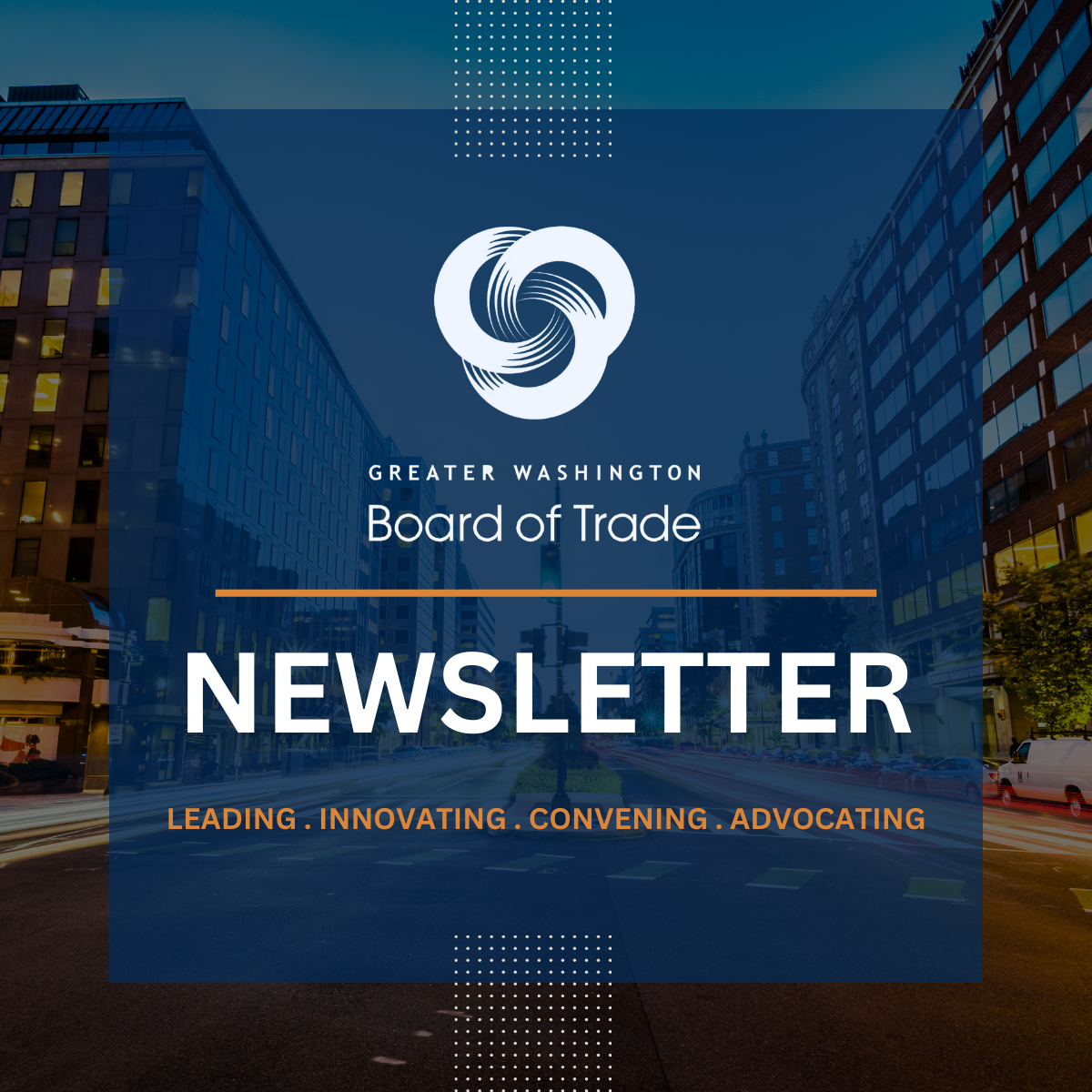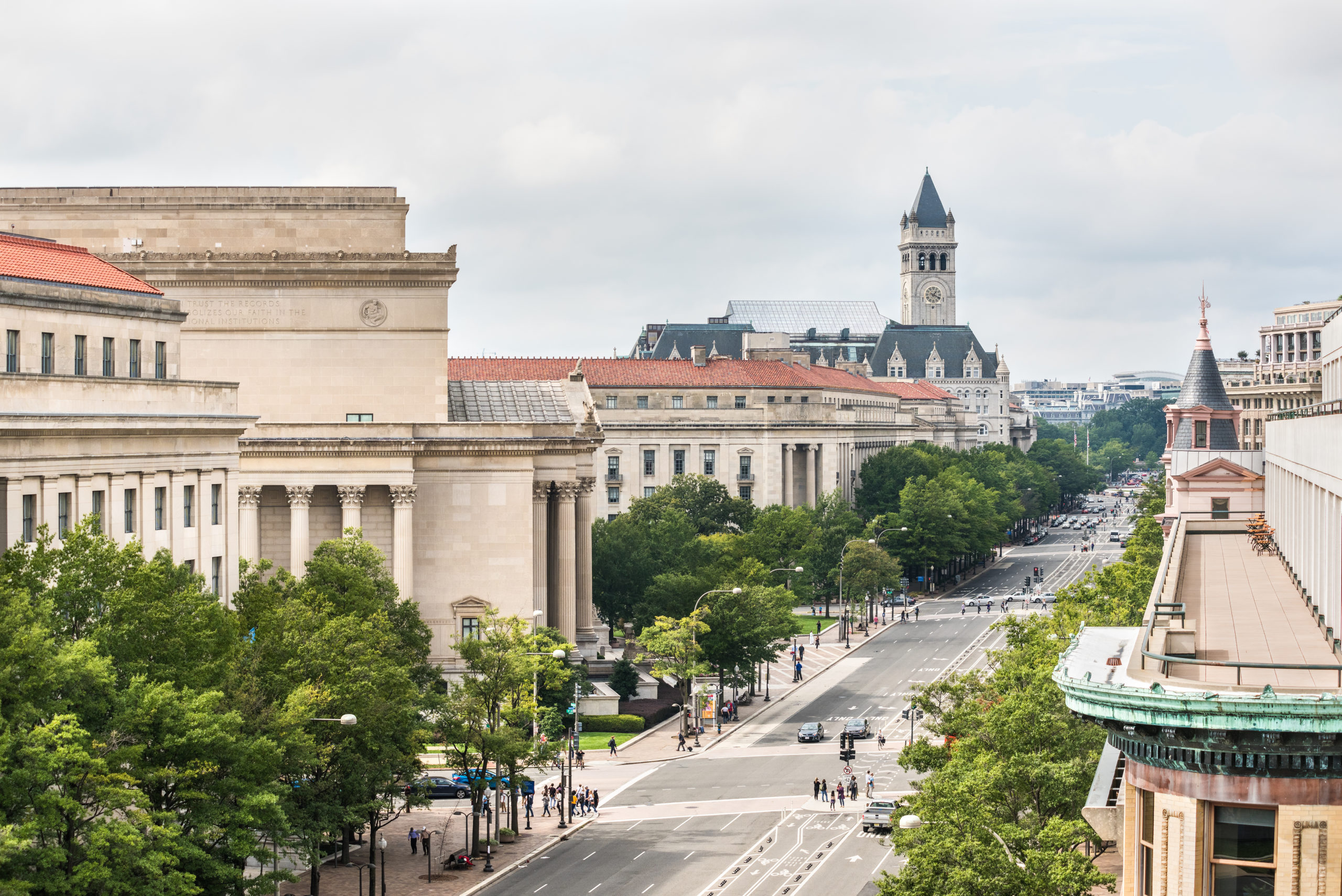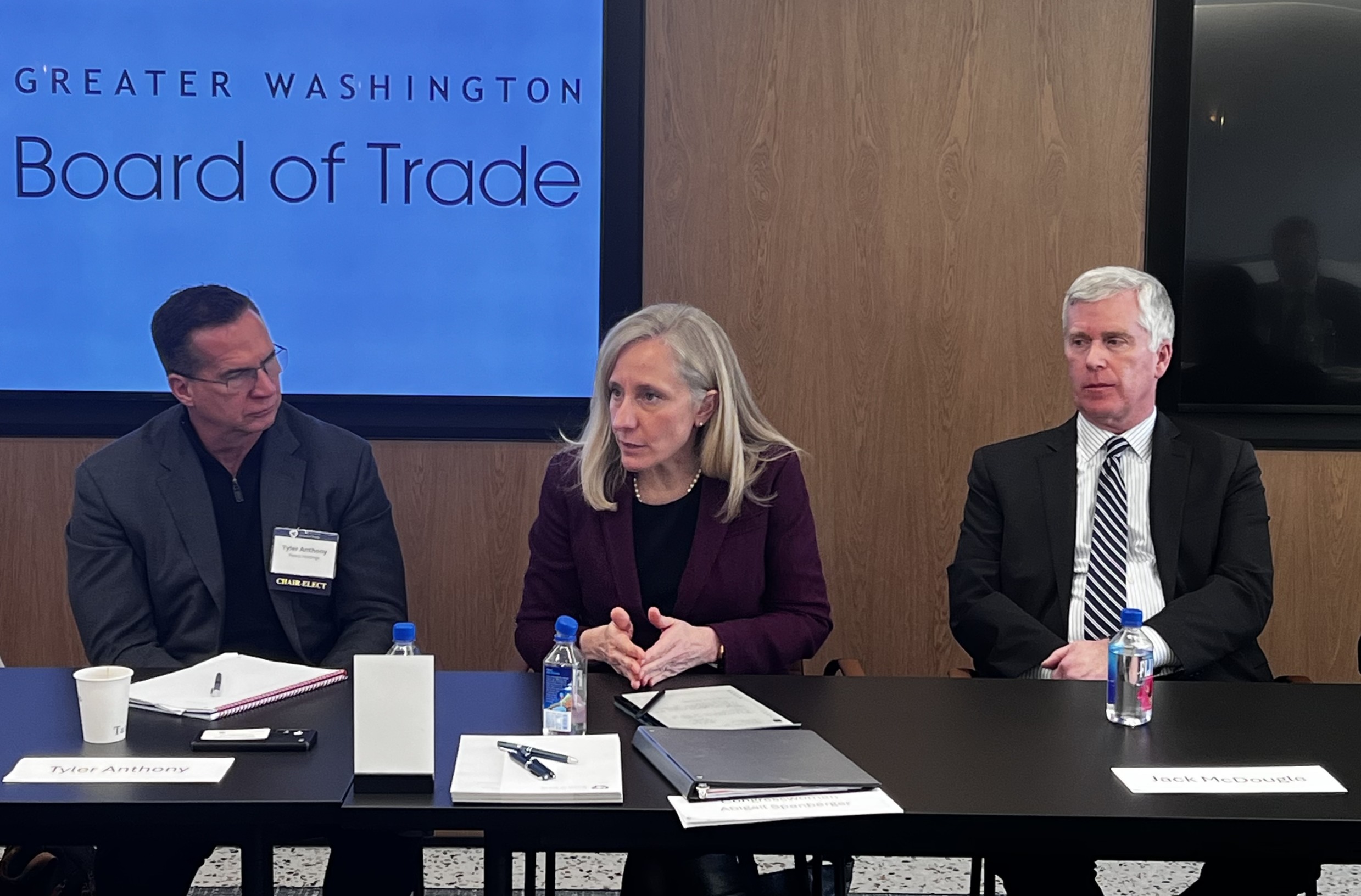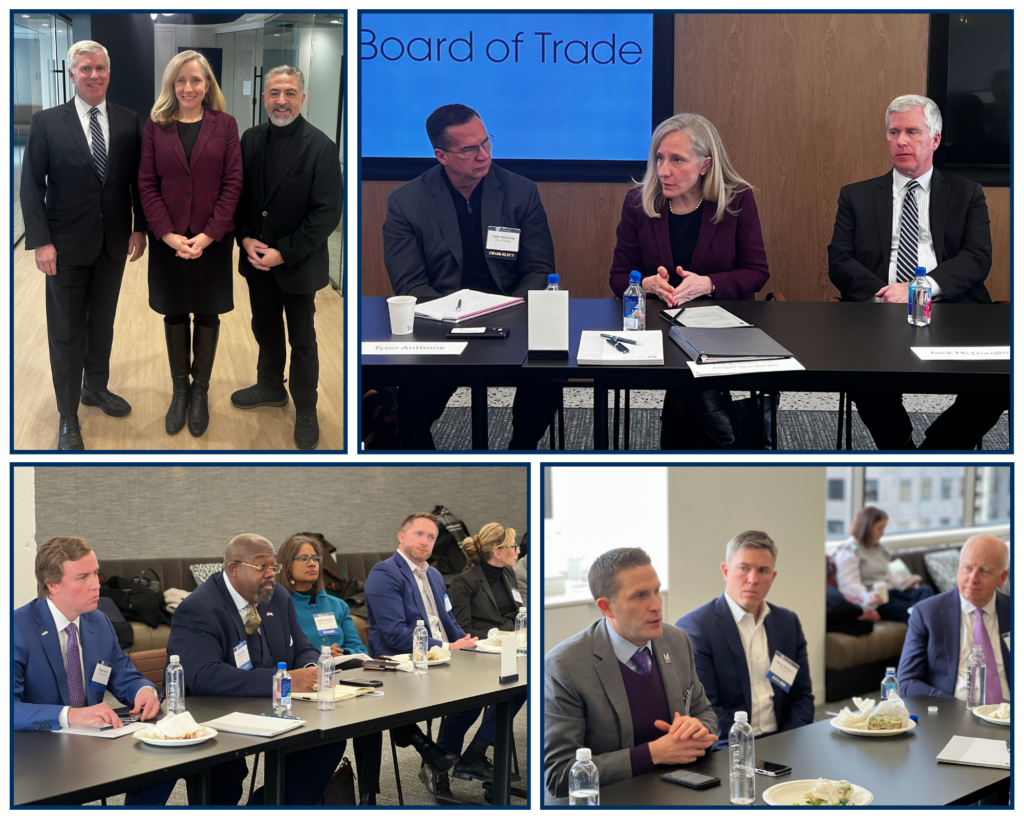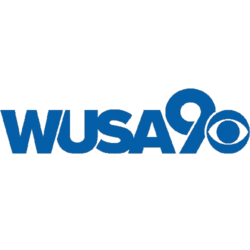The Greater Washington Board of Trade’s Policy team has been busy engaging with key stakeholders, tracking critical legislation, and continuing conversations around crucial initiatives to start the year. As we look forward to an exciting 2025, our policy team is gearing up to tackle a wide range of pressing issues that will shape the future of our community, economy, and workforce. From transportation and technology to workforce development and economic growth, we are committed to addressing the challenges and opportunities that lie ahead.
Here’s an overview of the key issues we’ll be focusing on in the coming year:
Transportation: Budget Negotiations, Autonomous Vehicles, and Regional Connectivity
In 2025, transportation remains a critical area of focus. The Washington Metropolitan Area Transit Authority (WMATA) funding will be a central issue as we work to ensure the sustainability and reliability of the region’s transit network. Securing stable, long-term funding for WMATA is essential for maintaining services and improving infrastructure to meet growing demand, which is an effort that Jack McDougle, President and CEO of the Greater Washington Board of Trade, has played a pivotal role in advancing as the DMVMoves Community Partners Advisory Group Chair for the DMVMoves initiative. The coalition brings leaders in the District of Columbia, Maryland, and Virginia together to develop a unified vision that will deliver a more efficient, reliable, and seamless experience for transit users across our region. Enhancing rail infrastructure can reduce congestion, lower emissions, and improve access to economic opportunities across the region.
Additionally, the rise of autonomous vehicles is poised to revolutionize how we approach transportation, and our team will be monitoring regulatory developments and opportunities for integration. We will continue to advocate for policies and opportunities that support innovation while ensuring safety and accessibility.
Technology: AI, Data Centers, and Digital Transformation
In the technology sector, 2025 will bring an increasing focus on artificial intelligence (AI) and the growth of data centers, which will play a critical role in shaping industries, workforces, and policies across the Washington, D.C. region. As digital transformation accelerates, AI will continue to revolutionize sectors like healthcare, defense, cybersecurity, and education, creating new opportunities and challenges. In tandem with this technological evolution, the region is seeing a surge in the development of data centers, which are essential for supporting the vast amounts of data AI systems require to function effectively. These data centers not only support the AI-driven innovations but also enable the broader digital economy by providing the backbone infrastructure for cloud computing, storage, and high-speed connectivity.
On the heels of President Trump’s recent announcement of an investment of $500 Billion over the length of his presidency, the policy team will remain engaged with stakeholders to ensure that AI and data centers are developed in a manner that meets our region’s growing demands for a robust technological infrastructure such as reducing the digital divide, fostering workforce development in AI and tech sectors, and creating a balanced, equitable approach to inclusive economic growth.
Workforce Development: Federal Workforce Return to Office, Public-Private Partnerships, Automation
The return to a full, five-day workweek for federal employees, as outlined in recent executive action taken by President Trump, will have significant implications for workforce development. Our team will monitor the impact of these changes, and we will also continue to support initiatives that foster workforce development, particularly as industries evolve in response to technological and workplace advancements.
Federal workforce initiatives will remain a priority as we work to ensure that government agencies attract and retain top talent in an increasingly competitive job market. This includes advocating for policies that promote professional development and training programs to equip workers with the skills they need to succeed in the digital age, as well as taking a comprehensive well-round approach to what attracts skilled workers to the region including housing affordability, cost of living, and opportunities for advancement.
Economy: Tax Reform, Housing Affordability, and Hospitality
In 2025, our team will also focus on key economic issues, including possible tax reform initiatives in Virginia, Maryland, and the federal government. Recent state legislation in both Virginia and Maryland has proposed tax reforms aimed at easing the financial burdens on residents and businesses, such as efforts to reduce income taxes, automobile taxes, and reform business taxes to encourage investment and job growth. Housing affordability remains a significant challenge, as the D.C. metro area continues to experience high demand as a desirable location to settle in. Meanwhile, the hospitality sector, a key driver of the regional economy, is undergoing change once again as it responds not only to the COVID-19 pandemic but also to the impending return-to-work executive order, which is expected to drive up demand for these services and have an impact on the Downtown DC Revitalization Plan.
As we monitor and engage on these economic issues, our goal will be to ensure that tax policies, housing strategies, and support for hospitality contribute to a thriving, resilient regional economy. Our team will stay engaged with stakeholders to ensure that reforms foster economic growth, improve quality of life, and enhance the D.C. region’s competitive position.
Regionalism: How the Region Continues to Engage with the Federal Government
The Washington, D.C. region is home to a remarkable concentration of federal agencies, business and thought leaders, innovators, entrepreneurs, scholars, to name a few. This unique proximity enables unparalleled collaboration between the federal government, local, and state governments, fostering an environment where policies can be developed, implemented, and refined efficiently. The concentration of federal agencies in this region not only enhances governance and drives innovation, but also generates billions in economic activity, creating jobs and supporting businesses of all sizes. The synergies created by this ecosystem contribute to the broader regional economy, particularly through federal investments.
Projects like the Metro expansion exemplify how these investments can improve quality of life while stimulating economic growth. Furthermore, effective coordination between federal, local, and state leaders ensures that investments in vulnerable communities—ranging from affordable housing to workforce development—reach those who need them most, helping to realize the vision of a thriving, inclusive region. The Greater Washington Board of Trade will continue to work together across all levels of government, to ensure that the Washington, D.C. business community and government can continue to collaborate to maximize the region’s economic and societal impact.
Looking Ahead: The Road to 2025 and Beyond
While these issues are top of mind, our policy team remains vigilant in identifying emerging challenges and opportunities on the horizon. Whether it’s navigating policy shifts or advancing crucial regional efforts, we are committed to adapting and leading the way in shaping policies that benefit our community and economy. In the coming year, we will continue to collaborate with stakeholders, engage in thoughtful dialogue, and advocate for evidence-based solutions that drive progress and innovation. Together, we look forward to making meaningful contributions toward a prosperous and sustainable future.



